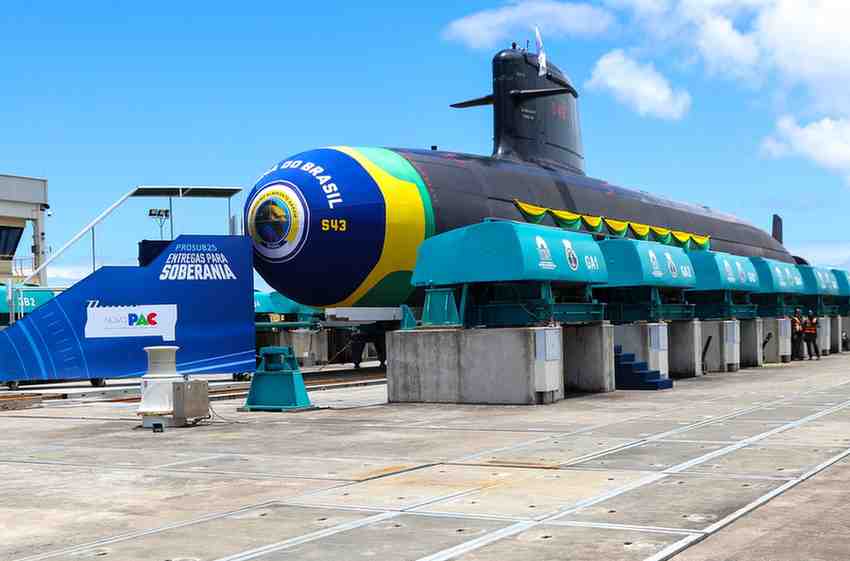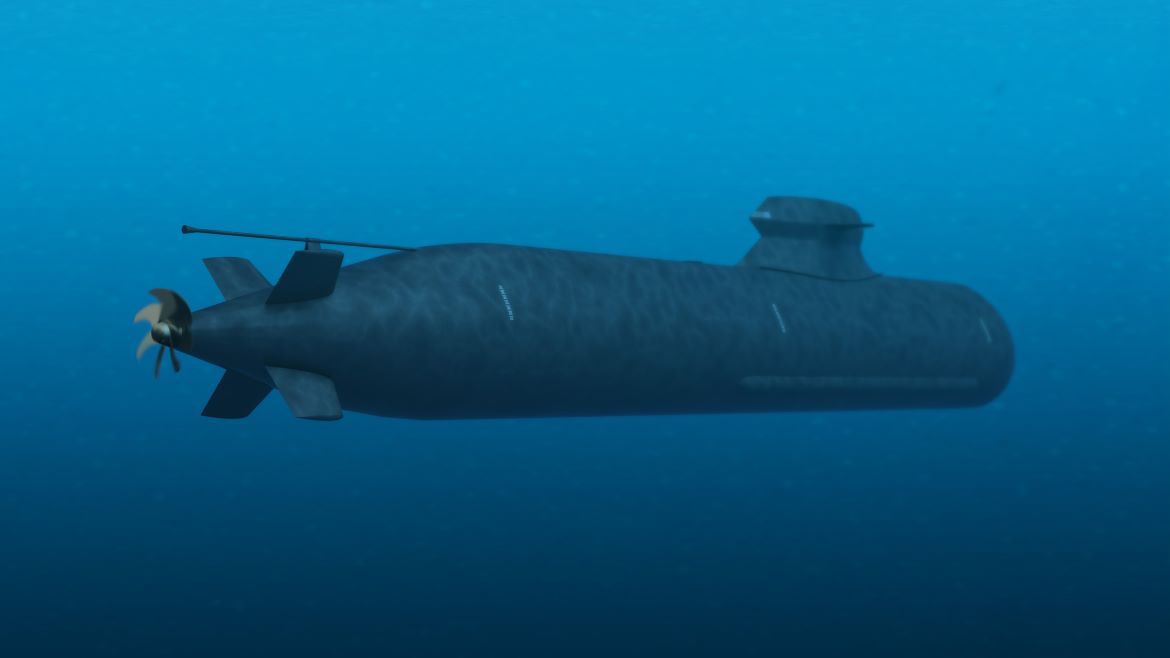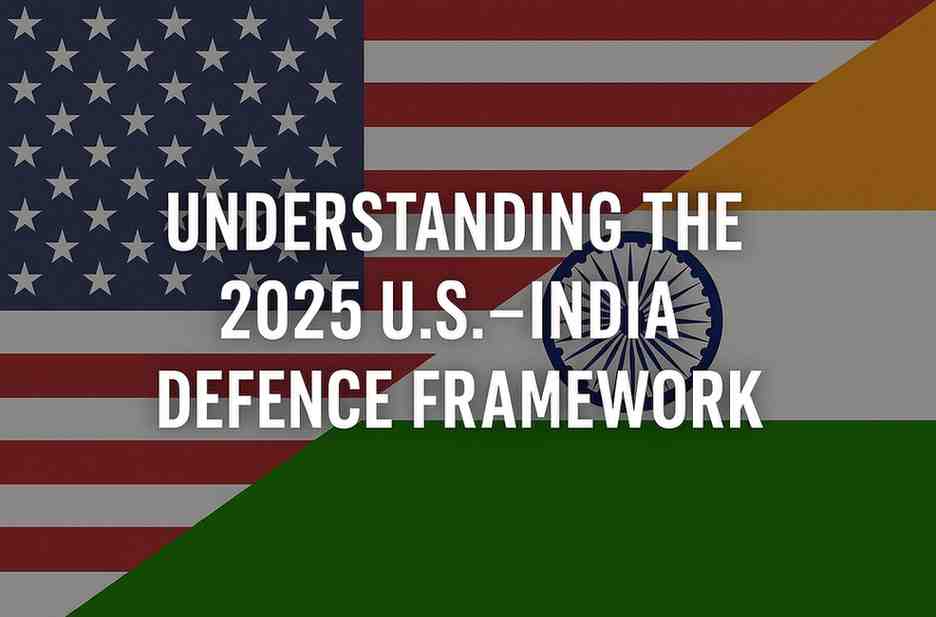Russia – China Unprecedented Friendship: the dawn of a New Cold War? | Ayesha Zafar
Russian President Vladimir Putin has arrived in Beijing to attend the Beijing Winter Olympics 2022. Xi Jin Ping and Putin held a meeting on the sidelines of the opening ceremony of the Olympic event to highlight Russia-China’s unprecedented back-to-back strategic cooperation. The Russian President has arrived in Beijing with his lengthy to-do list and 25 agreements on his docket. It is the first time Putin has held a face-to-face meeting since the pandemic. During the meeting, both leaders coordinated their positions on the unfolding events and the Western confrontation, assuring each other of their unwavering support. In banging their fists against Washington, both countries appear prepared to reinforce bilateral strategic and economic partnerships.
Table of Contents
ToggleThe No-limit friendship
In the management of international relations and Western strategic competition, the two countries are expressing unprecedented support for one another, and their relationship is at its best since 1950.China has expressed grave concerns over NATO’s expansion into Ukrainian territory and has called for peace on Russia’s western border. China clearly echoes Russia’s security concerns by stating that these concerns are legitimate and should be taken seriously. Likewise, Russia has extended full support to the one-China policy, condemning the AUKUS alliance, which aims to counter China in the Pacific by strategically empowering Australia with nukes. Both countries also converge on stances regarding Syria, North Korea, Venezuela, and Iran. On the economic front, Moscow is Beijing’s third-largest provider of oil and gas, where Beijing stands as the world’s largest energy consumer. With that, in pursuit of closer cooperation, Putin has unveiled 117.5 billion dollar oil and gas deals, which will provide 10 billion cubic meters per year to China. This will also be advantageous to Russia in case of increased estrangement with European customers. Besides, both the leaders of Moscow and Beijing enjoy personal amity, and Xi even praised Putin as his best friend.
Similar Foreign Policy Challenges
Plainly, China and Russia are in quest of building and improving their lovable images while bolstering their economic and military might in the world, but both face a uniform impediment, the west. The North Atlantic Treaty Organization (NATO) expansion in Europe against Russia and the salami slicing approach of the USA in Taiwan, along with the military alliance buildup in the Indo-Pacific, are posing robust foreign policy challenges for Russia and China. However, much to the west’s dismay, these developments are bringing the two anti-status quo countries together. Moscow and Beijing have been ratcheting up their bilateral relationship for quite some time now in order to work in harmony to counterbalance American sway. The best in history relationship (as Putin describes) is alarming the West with a mercurial double confrontation in the Asia Pacific region.
Beijing Winter Olympics – a New Chapter in the tale of bilateral ties
Beijing Winter Olympics 2022 has apparently unleashed the bi polarization in the world system. There are almost 25 foreign leaders who are expected to attend the Beijing Winter Olympics. The star guests are Vladimir Putin, Russia; Imran Khan, Pakistan; Muhammad bin Salman, KSA; Abdel Fatteh el-Sisi, Egypt; and significant Central Asian leaders of Kazakhstan, Tajikistan, Kyrgyzstan, and Turkmenistan are among them. The presence of these leaders manifests stronger strategic relationships between their respective countries and China. Whereas, the countries that boycotted the Winter Olympics on grounds of human rights violations and the Corona virus pandemic have demonstrated their nosedived relationship with China and a stronger affinity with the west. The Winter Olympics has unleashed the two blocs: the western bloc with US as the major power at the center and the non-western block with Russia and China as the major powers. In the emerging bloc politics, both countries’ untiring support towards each other against western angst and the signing of dozens of agreements is opening a new chapter in the Sino-Russian bilateral ties and the geopolitics of the world system as well.
Read More: Why China Will Face Hurdle to Surpass the US’ Hegemony
The swivel of Revisionism and the heat of Cold War
China and Russia are both swinging along with the pivot of revisionism, disparaging the rules-based international order. In the appeal of revisionism, the pragmatic orderist state of Russia is trying to revive its Russian Might by revising the current world order via turbulence on its western border. Likewise, China with its revisionist orientation in Ladakh, Taiwan, South China Sea, and Hong Kong is increasing the western frowns. Seemingly, Moscow and Beijing are shifting the world away from a so-called liberal world order and its robust tenets of globalization and democracy. The hot wave of a new cold war is likely to approach as both countries appear to provide alternative global leadership for the states who are discontented with the present order. The extraordinary Russia-China friendship, the steady unleashing of blocs, the military buildup in the Pacific, Russian assertive foreign policy, Chinese peaking economic prowess, and NATO’s expansion are hinting towards Cold War 2.0.
War suits No One
The emerging events of strategic restructuring and unparalleled friendship are critical in altering the balance of the power equation and ushering in a new cold war. However, direct military confrontations are unlikely as the US has still not recovered from its foreign adventure in Afghanistan. Also, Russia apparently has no intention of invading Ukraine, one reason for which is the mongering fear of sanctions by the West on the Nord Stream 2. However, this does not imply that the West can just laugh away Russian security concerns over NATO’s expansion. Likewise, China is also likely to pursue its soft power strategy in vying for influence in the world, but its offensive posture in the South China Sea cannot be overlooked in this regard. Accordingly, an analysis can be built that suggests although strategic competition and tensions are escalating, hinting towards a cold war, direct military confrontations still do not seem to be on the horizon. Lastly, it is consequential to contemplate that the new cold war trajectory will not just follow Russia, China, and the USA but nuclear-weapon states as well. These states will be having a strong position on the table too, therefore, involvement in the direct confrontations will result in a fiasco.
About the Author: 
Ayesha Zafar is pursuing her bachelor’s degree of International Relations at National Defence University, Islamabad. she has keen interests in geoplotical developments and strategic correspondences of states. she can be reached at ayeshazaf000@gmail.com
- GDI Staffhttps://defensetalks.com/author/umair/
- GDI Staffhttps://defensetalks.com/author/umair/
- GDI Staffhttps://defensetalks.com/author/umair/
- GDI Staffhttps://defensetalks.com/author/umair/












